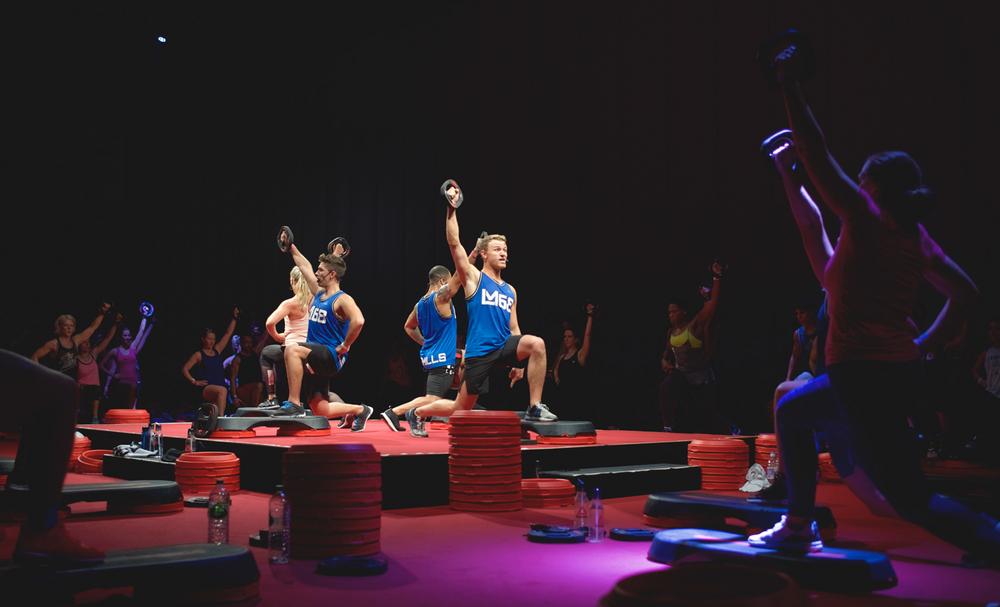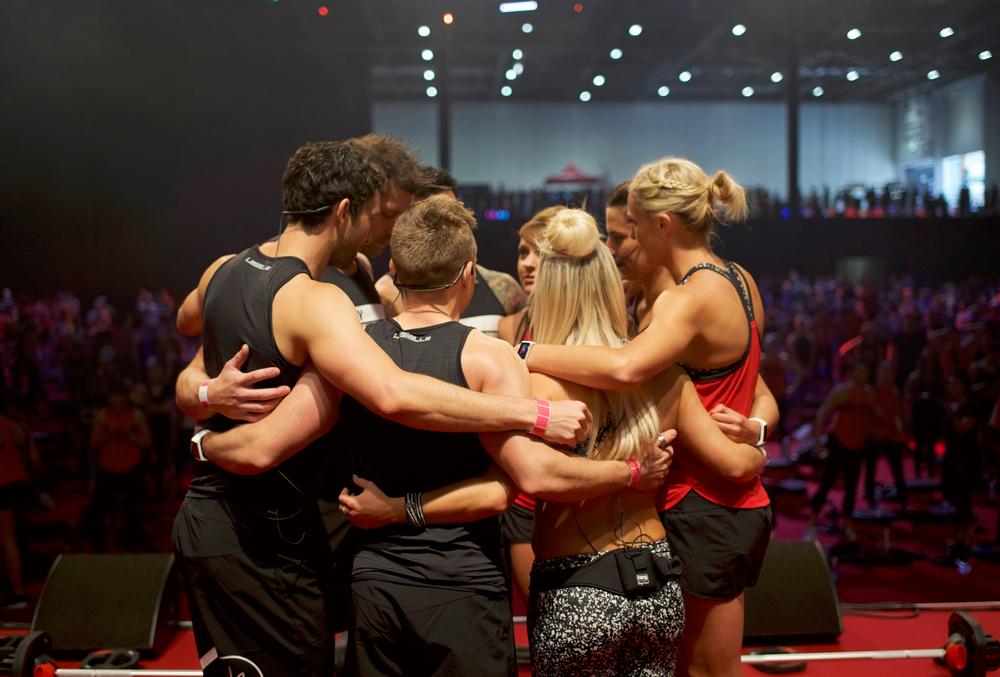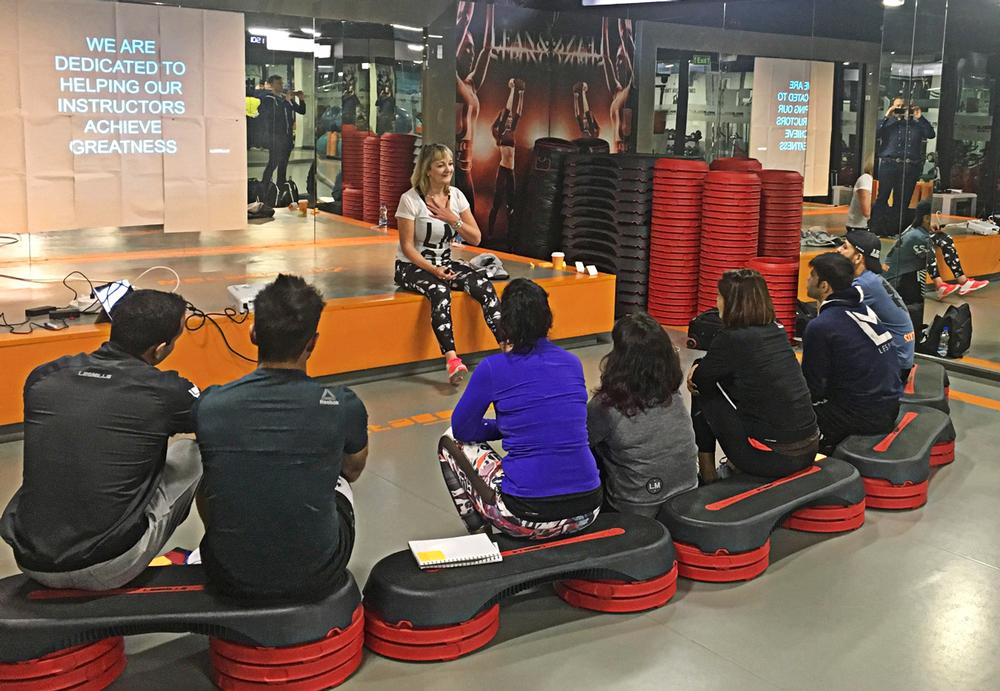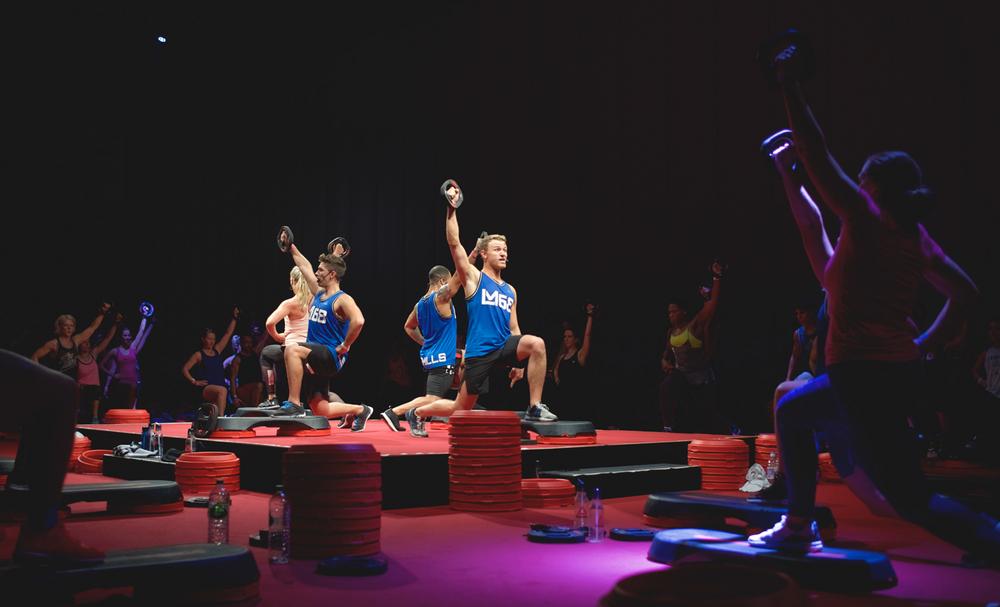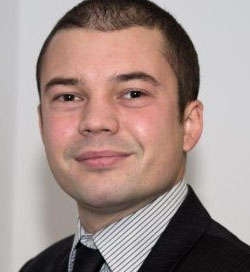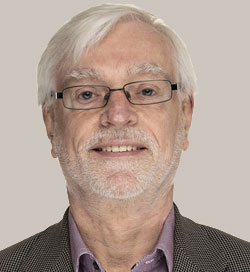I’m at a bit of a loss as to why the industry doesn’t place more value on the person who makes or breaks the customer’s experience,” says Jean-Ann Marnoch.
“Instructors have been paid the same wage for the last 15 years and I think if we truly valued the role they play in increasing participation, this would have changed by now.”
The instructor-turned-quality assurance expert is a firm advocate for making instructors feel valued, and she’s adamant that the majority of gym owners today are missing a trick.
“If you look at the most successful clubs in the world, they have large studios, some as big as sports halls, and these are rammed at six o’clock in the morning and again throughout the evening. And that’s because they value group exercise, invest in their instructors, retain great instructors and end up with a waiting list of people wanting to get into these classes,” explains Marnoch.
As she speaks, one thing is clear: this is a woman who’s passionate about championing instructors and changing how they are perceived in the industry. She says: “When I first entered the instructor training world I was delivering exercise-to-music and PT courses, and that meant I got to impact the 20 people on that course."
“But by moving into quality assurance I was suddenly able to influence and impact more people. By the time I left the Register of Exercise Professionals (REPs) in 2013, they had 30,000 people on their register. Now I’m at Les Mills, which is a global organisation, so the scale of the impact I can make is tremendous.”
Looking at the path she’s taken to her current position at Les Mills, it seems like transforming industry training standards has been in Marnoch’s sights since day one, but the story could not be more different. As she explains: “I was a dancer at 18 years old. I’d just had a baby and I was bored. It was when Jane Fonda workouts had exploded and it hit me that I could do that. I was a dancer after all."
“So I did. I simply put flyers on people’s cars and 100 people showed up for my first class, so I taught them all dance exercise. However, it was all hideously dangerous because no one was regulating things. When I saw the first exercise-to-music course for instructors advertised – it was the YMCA one – I thought ‘I'd better go on that because I really don’t know what I'm doing with this’.”
Shaking things up
When Marnoch joined the Les Mills UK team in 2013, the UK arm of the exercise-to-music behemoth had recently taken ownership of the distribution of its training and programme execution and wanted an expert to head up this challenge.
“It was a whole blank sheet,” she explains. “We had a brand new CEO and, luckily, he really believed in quality and he believed in the importance of the instructor, so he allowed me to spend a fortune on putting in big quality assurance systems and processes, and allowed me to focus on the instructor.”
Her first port of call? Closing what she calls a gap between the company’s “thoroughly researched products that deliver results” and the delivery of this product by the instructors.
“So I really made a big thing about focusing on my trainer team. Because I think if I have a really high quality and engaged training team, I’m more likely to create a high quality, engaged team of instructors.”
According to Marnoch, trainers and instructors are the lifeblood of a company like Les Mills, so “they need to be valued, engaged and to be the best they can be".
“We only had 35 trainers in the UK at the time – now we have 100 – so we needed to grow them. But in order to do this, we needed to clearly define the process of becoming a trainer,” she says.
The turnaround is evident in today’s Les Mills’ specific training protocol. Trainers – elite instructors and qualified teachers who deliver training to instructors at modules and events all over the country – must attend and pass a boot camp, followed by a training process that includes regular regional and European training summits, where programme directors and experienced trainers assess their abilities before the title of ‘trainer’ is secured.
Success, says Marnoch, is not guaranteed. “Ultimately, the head trainer makes the decision as to who is signed off. But they are given tonnes of support and feedback on that journey to help them succeed. The goal is that when they finally do get signed off, they are the absolute best that they can be.
"For trainers, the whole process can take around a year to complete."
National standards
The necessity of teaching qualifications is something else Marnoch has brought to Les Mills. Attaining a Level 3 Education and Training award is now an essential part of the preparation process for all of the company’s trainers.
Marnoch explains: “I put them all through the Active IQ training awards so that they have a nationally recognised qualification. This was a standard that needed to be established to ensure we are a credible training provider.
"Because while we do license clubs to deliver the programmes, ultimately, we’re a training provider. And if you’re a training provider, you really need trainers that are capable and qualified.”
She continues: “Another big change I felt strongly about making was minimising the lonely nature of being a trainer, because it's hard out there on your own.
“It was important that we had an official process in place to keep them continuously nurtured and always receiving feedback so they could keep developing their skills.
“To achieve this, we have quality assurance trainers that go out, unannounced and watch trainers at work and then give them feedback.”
Life before Les Mills
Marnoch’s experience in quality assurance began back in 2002, when she was appointed the executive director of Central YMCA Qualifications (CYQ).
“When I did the first YMCA exercise-to-music course, it turned out I was naturally good at teaching those types of classes. YMCA liked what I was doing and signed me up as one of their tutors,” says Marnoch.
“So then I went down the teaching route, got all my teaching qualifications and taught exercise-to-music, personal training and gym instructor courses. I did that for 14 years, whilst all the time still teaching my own really successful classes and choreographing quite a few celebrity videos.
“When the YMCA decided to create an awarding body for health and fitness qualifications – CYQ – I went and headed that up for six years,” she says.
In 2008, Marnoch left CYQ to take up the post of registrar at REPs. Having spent almost five years in this role, focusing on evaluating instructors and trainers to ensure they met national industry standards, it’s not surprising Marnoch has been a staunch advocate for more defined and uniform trainer standards at Les Mills.
“We run standardisation days throughout the year now, where the key figures and assessors discuss the criteria trainers must meet in order to become a certified Les Mills instructor. A big discussion point is always the borderline instructors. Everyone knows a pass, and everyone knows a fail. What they are less sure about are the borderline cases. So we constantly have to bring in the assessors and have those debates, so everyone is clear on how to score these borderline cases, and how to support them to succeed,” says Marnoch.
Noting that Marnoch has made a significant number of changes to Les Mills’ instructor training process, and in quick succession too, I have to ask: why bring in so many changes so soon?
“Because I think we're only as good as our instructors,” she replies without hesitation. “We may be a global brand, but you know that instructor that teaches at your local gym on a Monday night? We're only as good as that person.”
The instructor problem
“Instructors are the reason that someone comes into a health club and decides, yes, I am either going to fall in love with fitness or, do you know what, it is not for me. It's that person,” says Marnoch. “So why do we not value them and pay them a bit more for the work they do?”
But how can health and fitness clubs be encouraged to invest more in instructors? “Educate them to understand the value of their instructors and the huge difference they can make to membership numbers,” Marnoch suggests.
“Group exercise classes create a club within a club. The people that go to that class can become totally hooked on the class and can’t wait for the next release, but only if it has a great instructor.
“When I was instructing, I remember that if I had to be away for something my regulars would come into the club, take one look, see I wasn’t there, and just leave,” says Marnoch.
“So it’s really important that good instructors are treated well and want to stay with a particular health club.”
Balancing out the budget by spending a little less on the latest equipment and a bit more on instructors that keep members coming back is one way that operators could support instructors a little more, Marnoch suggests.
“I still see lots of health clubs building massive great big surface areas for gyms and a tiny little studio – and I think: ‘Gosh, you are really missing a trick there’. Because with one instructor, you can pull in many more people than you can with a new piece of gym kit.”








